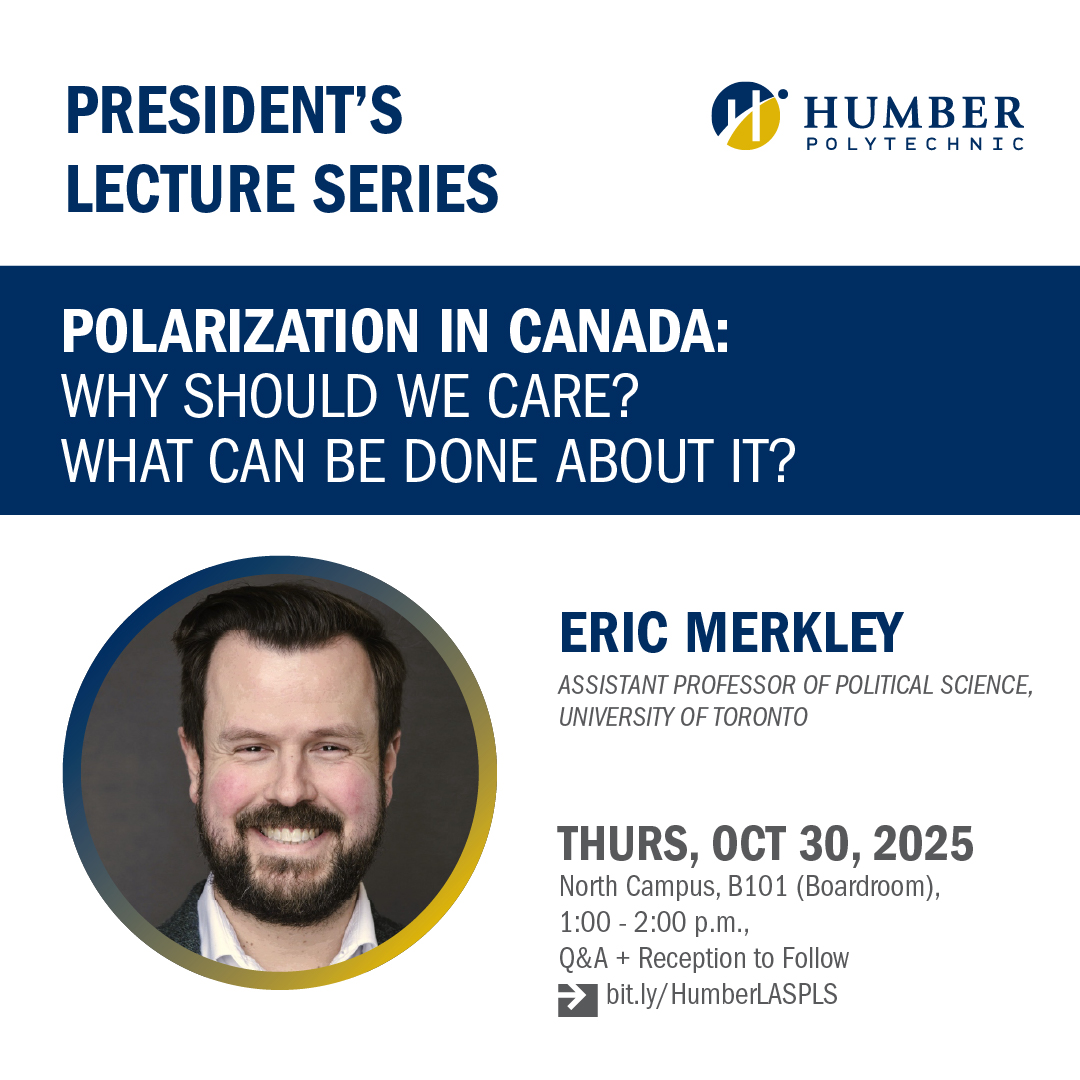Political Polarization in Canada: Why Should We Care? What Can Be Done About It?
Scholars and commentators have grown increasingly concerned about the growth of polarization in Canada, but to what extent are these fears warranted? In this lecture, Dr. Merkley will counter the widely held view that this “affective polarization” – i.e., the positive feelings people have about the political party they support vs. negative feelings about the party they oppose – is merely due to the changing media environment. He will argue that the increasing political divide closely reflects growing ideological, rather than social, differences between the left and right, which he will trace to the polarization of Canada’s political parties. Affective polarization heightens partisan bias, encourages the formation of homogenous social networks, motivates partisan discrimination, and encourages people to support undemocratic actions. Merkley will conclude on a hopeful note, arguing that these are meaningful, but not insurmountable, challenges to the health of Canadian democracy.
Check out the PLS homepage for our complete fall line-up.
